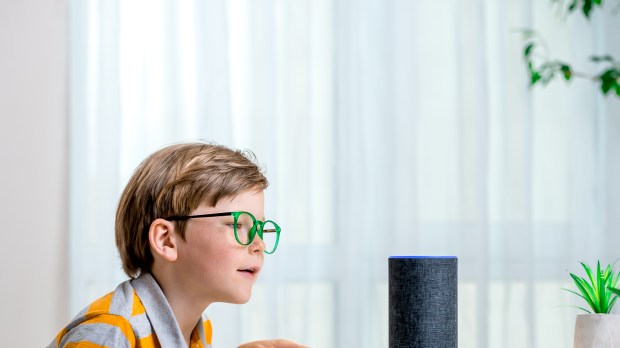I’ve been a teacher to young adults for over 20 years. In that time, it’s incredible to see how quickly these young men and women have changed due to societal and environmental changes, the staggering advances in technology, and COVID.
Today’s adolescents are informed — not always of the most important things in life. Nevertheless, they have access to so much information that their parents never had. I would add that many of them are also far more vulnerable and confused. They are anxious about the future, and I have seen a significant increase in students with mental health issues: all for very justifiable reasons.
However, to top it off — and I really hate to say this, as I find the younger generations have many, many attributes, including a huge sense of compassion — their manners are definitely slipping by the wayside.
Manners maketh man
A large part of this “manners slippage” I put down to technology. Screens are a huge distraction. The various applications and tools out there mean we can have instant gratification without putting out much effort.
Gone are the queues in clothing stores; most things can be acquired so easily at the click of a button. And there seems to be more social isolation, with many teens opting to stay at home on their screens rather than getting out and about. This lack of day-to-day social interaction then leads to a decline in using the reflex of manners we grew up with.

However, this is where can parents and technology can help. My own young adult kids think it’s hysterical that if I ask Alexa a question, I end it with a please. While I know Alexa couldn’t give two hoots about my pleases and thank yous, I do know how kids mirror their parents’ behavior. And hearing me bother to add a little courtesy can encourage them, too. (It is strangely satisfying to overhear my 25-year-old use the odd “please, Alexa.”)
For young children, lots of virtual assistants have a “polite mode” where kids are rewarded with an acknowledgement of their manners. But for older children, this can be bypassed and it’s therefore down to parents to encourage, or even tease, their kids into being polite.
The fact of making basic manners a topic of conversation is already a great step in encouraging younger generations to say their “pleases” and “thank yous.” So don’t hesitate to continue to show your kids the importance of being polite, even to a machine.



